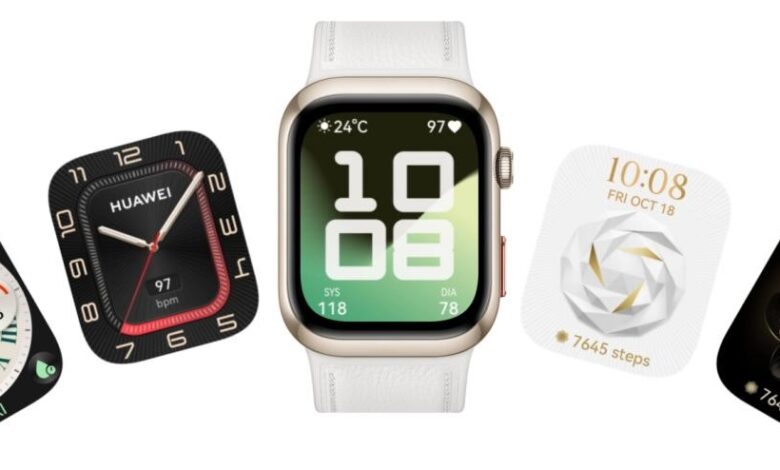Hypertension-Induced Organ Damage: What You Need to Know

How Does Hypertension Affect Your Body?
How Does High Blood Pressure Lead to Organ Damage?
Hypertension, commonly known as high blood pressure, puts excessive force on your artery walls. This constant pressure can damage your blood vessels and the organs they supply, which includes the heart, kidneys, brain, and eyes. The damage typically occurs gradually over several years, leading to complications if left untreated. The consistent high pressure makes your heart work harder, accelerates the thickening of artery walls, and promotes the formation of aneurysms, which can eventually lead to organ failure or other severe health issues.
What Are the Early Signs of Organ Damage?
Early signs of hypertension-induced organ damage can be subtle. Often, symptoms may not appear until significant damage has occurred. For the heart, you might experience shortness of breath, irregular heartbeats, or chest pain. Kidney damage could present as fatigue, swollen ankles, or changes in urine output. Cognitive impairments or sudden severe headaches could indicate brain damage. Recognizing these early signs and seeking medical advice is crucial for preventing further complications.
Which Organs Are Commonly Affected by Hypertension?
Heart and Cardiovascular System
Hypertension forces the heart to pump harder, which increases its workload. Over time, the heart muscle thickens, and the coronary arteries stiffen. This can lead to conditions such as heart failure, hypertensive heart disease, and an increased risk of heart attacks. The thickening of arterial walls reduces their elasticity, causing issues with blood flow and increasing the likelihood of plaque buildup, which narrows the arteries further and potentially causes blockages.
Kidneys and Renal Function
The kidneys filter waste from your blood and regulate various bodily functions, including blood pressure. Hypertension can injure the blood vessels in the kidneys, impairing their ability to function properly. This may lead to chronic kidney disease or even kidney failure. Symptoms include fatigue, difficulty concentrating, and swelling in your hands and feet. Early detection of kidney issues due to hypertension is vital to prevent long-term damage.
Brain and Neurological Health
High blood pressure affects the blood vessels supplying the brain, leading to reduced or blocked blood flow. This can cause strokes or transient ischemic attacks (TIAs). Chronic hypertension may also contribute to the development of vascular dementia, which affects memory, thinking, and reasoning. Warning signs include sudden headaches, dizziness, and blurred vision, which necessitate immediate medical attention.
How to Prevent Hypertension-Induced Organ Damage?
Can Lifestyle Changes Protect Your Organs?
Yes, lifestyle changes can significantly reduce the risk of hypertension-induced organ damage. Adopting a balanced diet, rich in fruits, vegetables, whole grains, and lean proteins, helps maintain proper blood pressure levels. Reducing salt intake, quitting smoking, and limiting alcohol consumption also play a pivotal role. Regular physical activity, maintaining a healthy weight, and managing stress through mindfulness techniques or hobbies further support cardiovascular health and overall well-being.
How Can Technology Like the HUAWEI WATCH D2 Help?
The HUAWEI WATCH D2 can play a critical role in monitoring and managing hypertension. This advanced smartwatch offers ambulatory blood pressure monitoring that allows you to track blood pressure throughout the day and night. Users can gain insights into average systolic and diastolic readings and pulse rates, even while asleep. Its TruSense system and high-precision sensors ensure accurate measurements. Additionally, real-time ECG analysis helps detect heart conditions early, providing a comprehensive picture of your cardiovascular health.

What Role Does Regular Monitoring Play?
Regular monitoring of blood pressure is essential for managing hypertension. Consistent tracking helps identify patterns, monitor the effectiveness of medications, and make informed lifestyle changes. Devices like the HUAWEI WATCH D2, a reliable blood pressure monitor, offer easy on-the-go measurements, making it effortless to keep tabs on your health. By integrating daily monitoring into your routine, you can catch potential issues early and work with healthcare providers to adjust treatment plans accordingly, thus preventing organ damage.
Conclusion
Understanding hypertension-induced organ damage is vital for taking preventative measures. Hypertension can silently harm your heart, kidneys, and brain, leading to serious health complications. Recognizing early signs and adopting a healthy lifestyle can mitigate these risks. Leveraging technology like the HUAWEI WATCH D2 for continuous monitoring empowers you to stay on top of your health. Regular check-ups and a proactive approach to managing blood pressure can safeguard your organs and enhance your quality of life. By staying informed and vigilant, you can protect your well-being against the silent but severe threat of hypertension.




